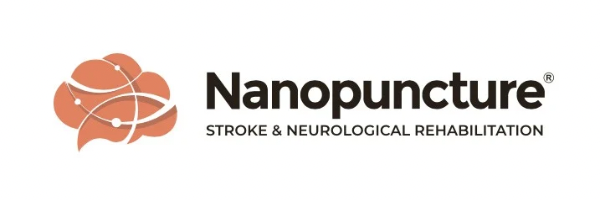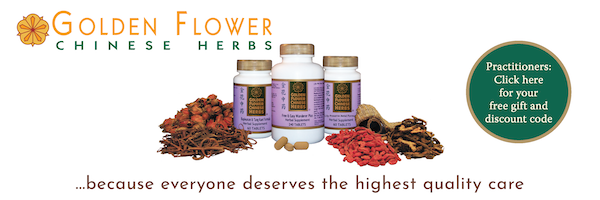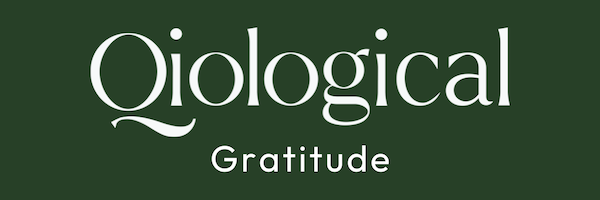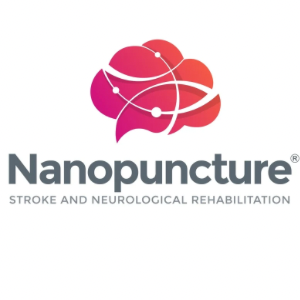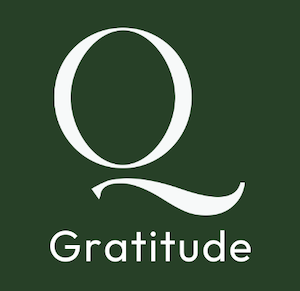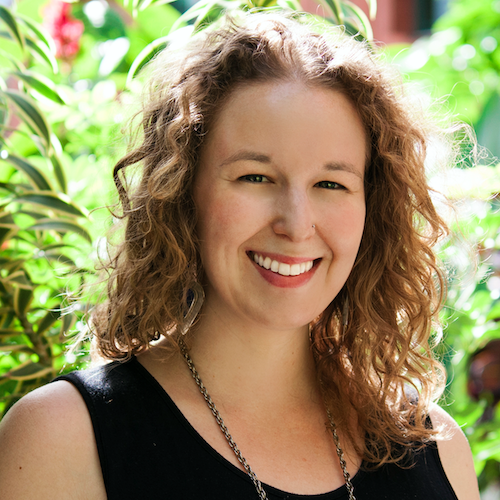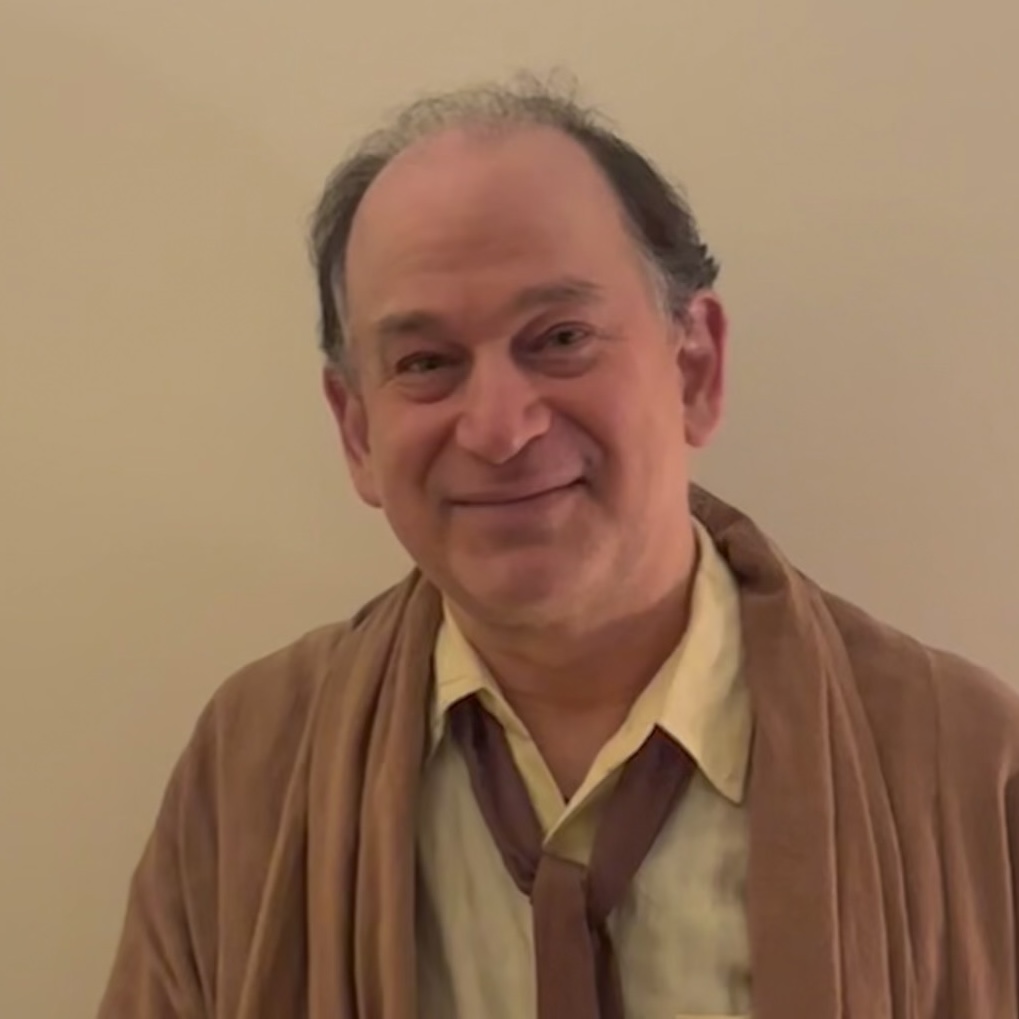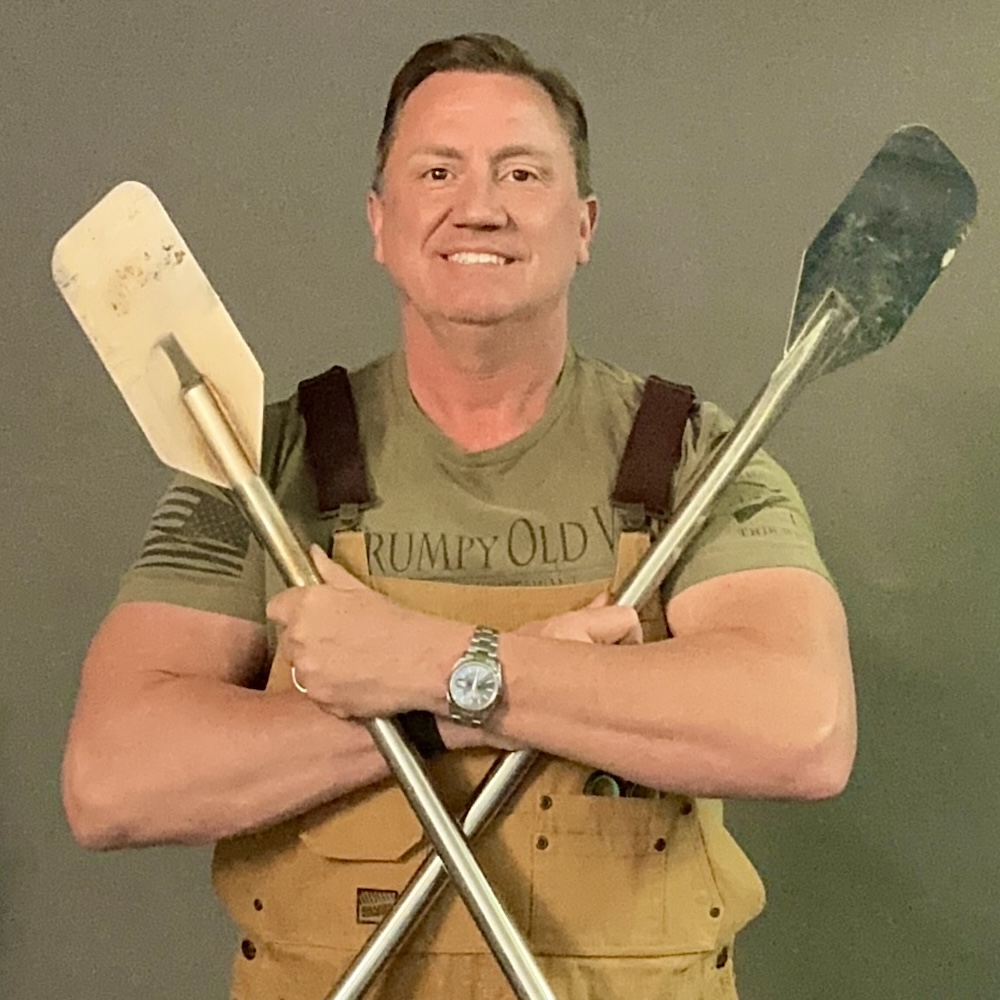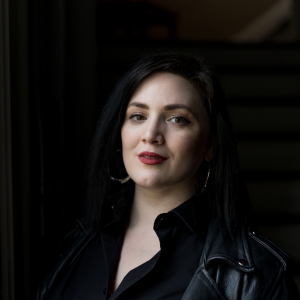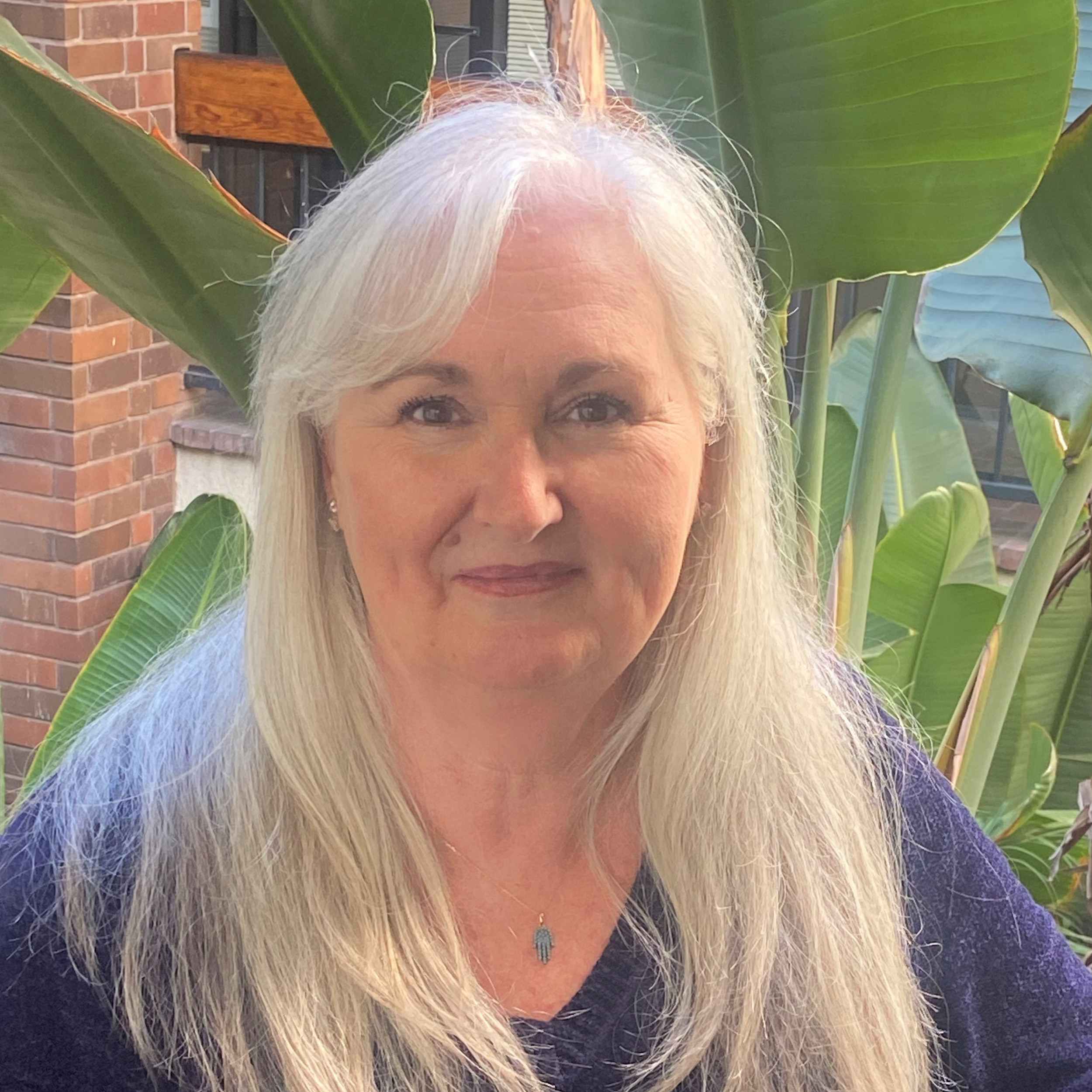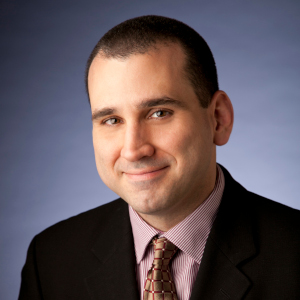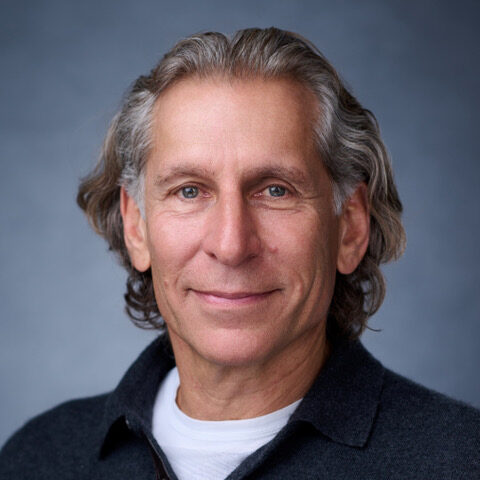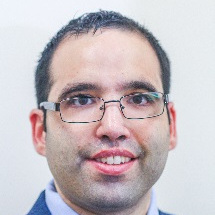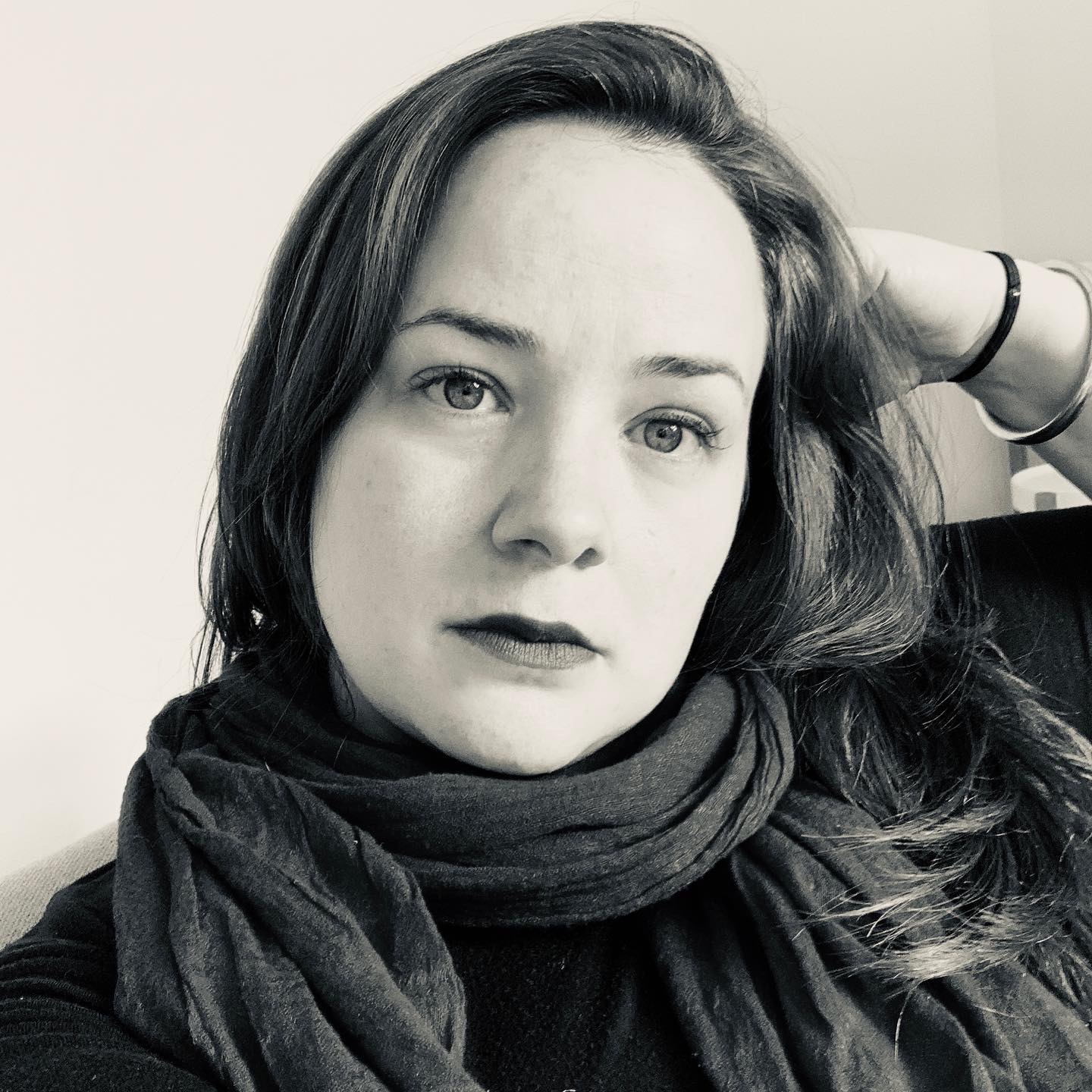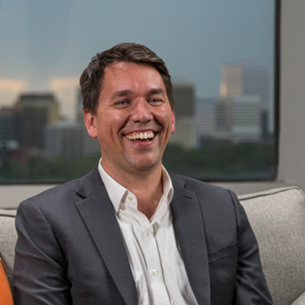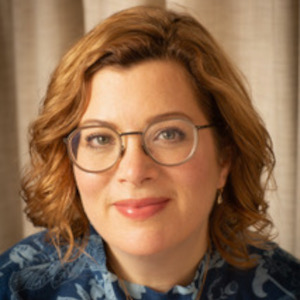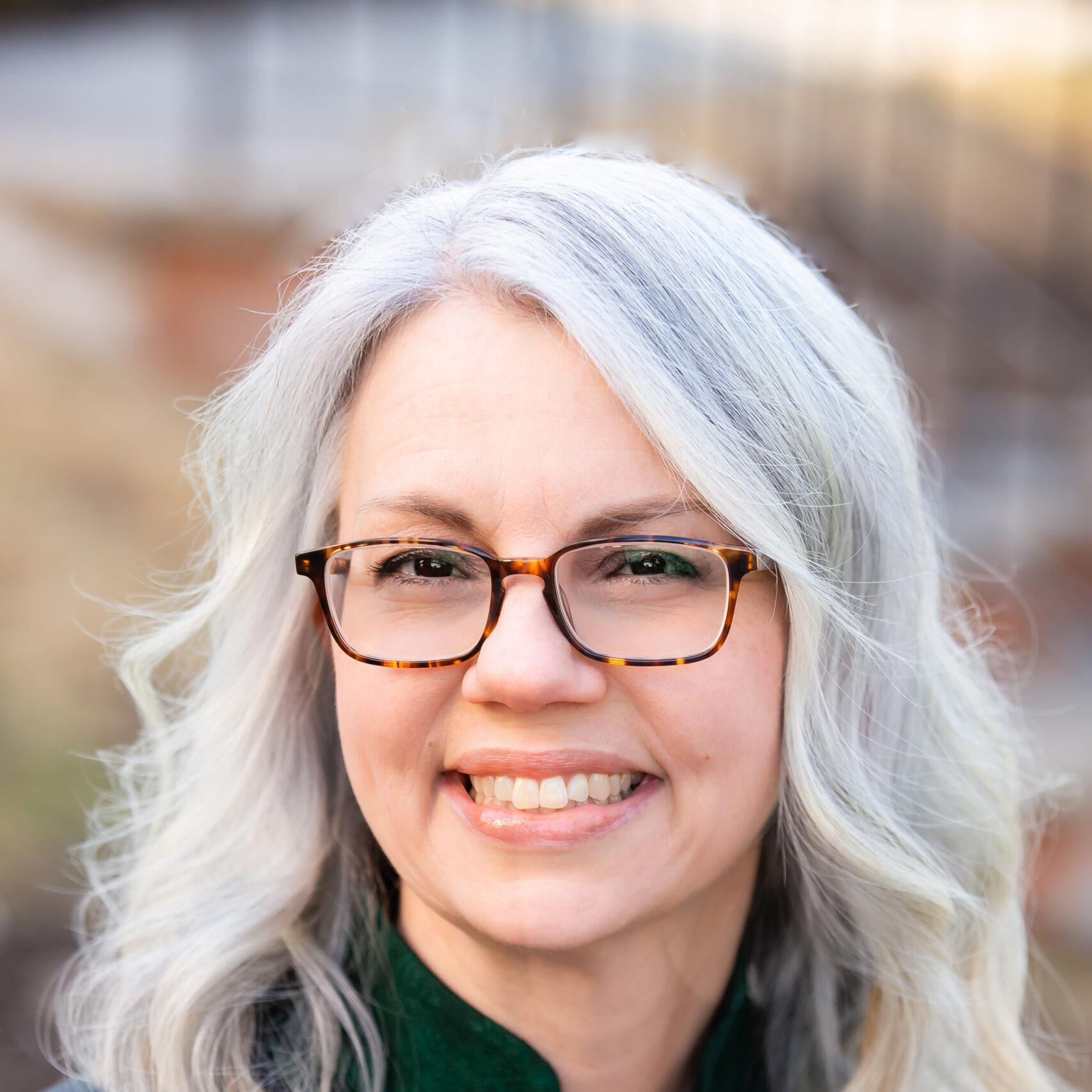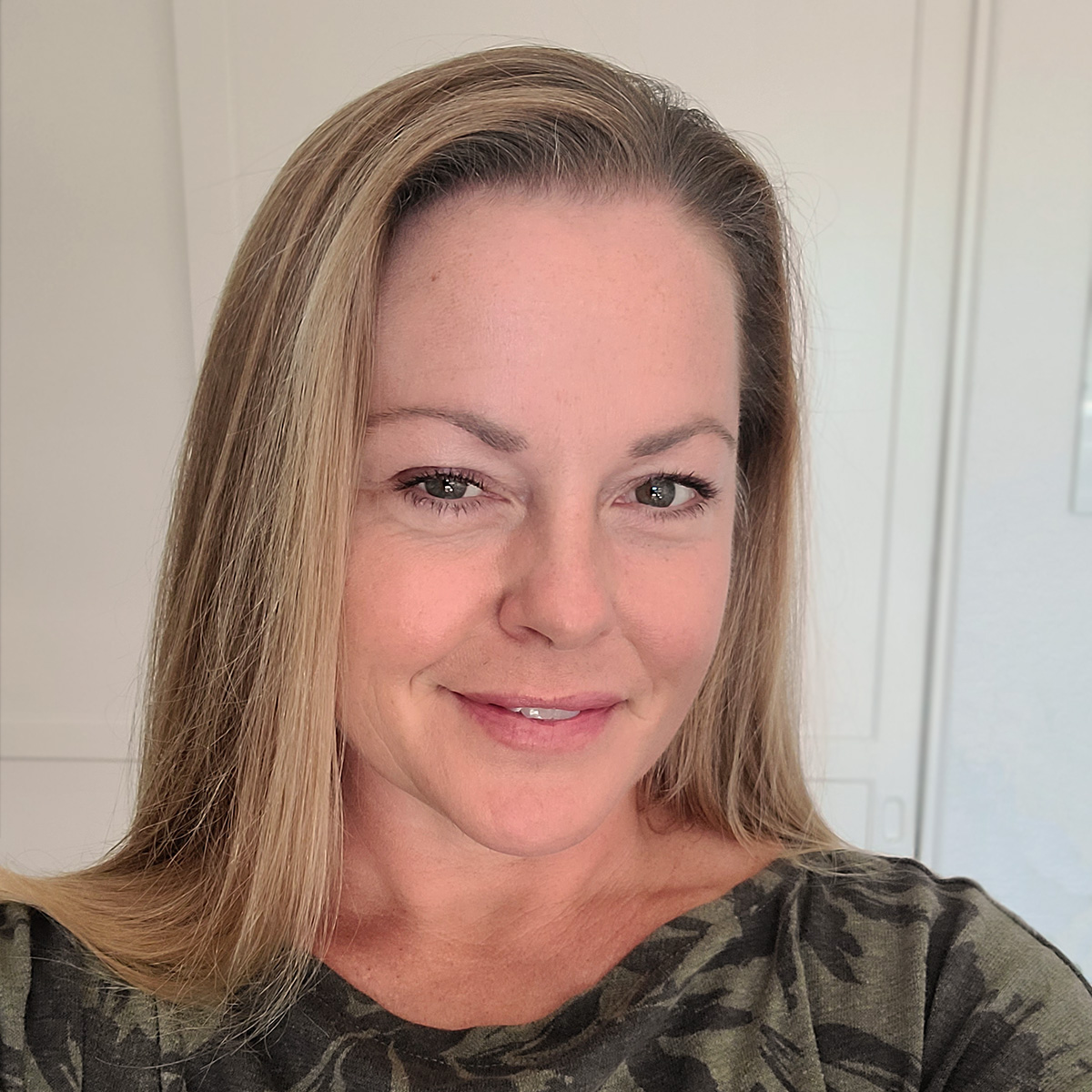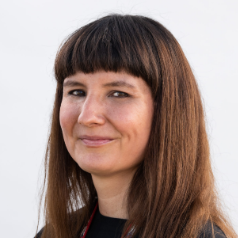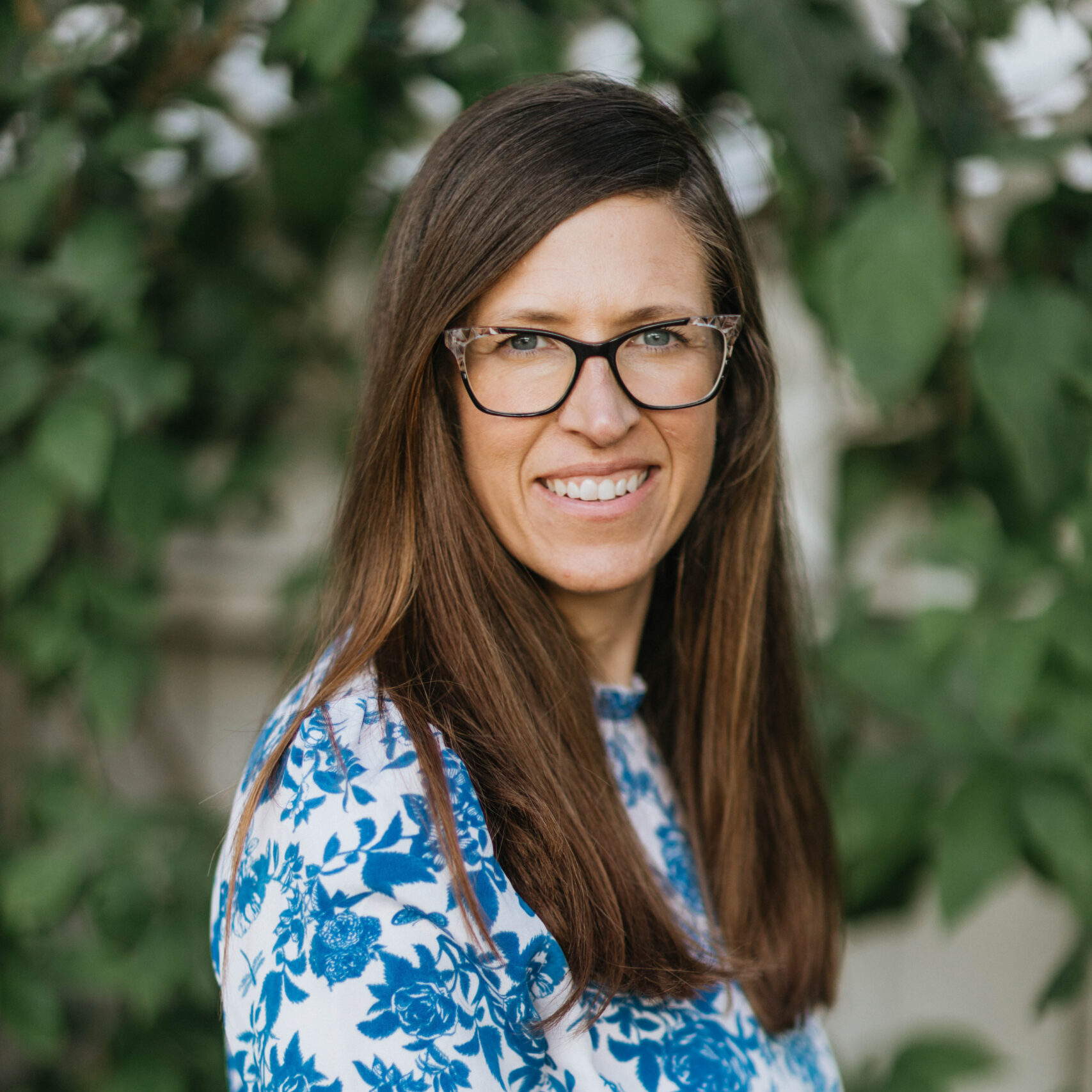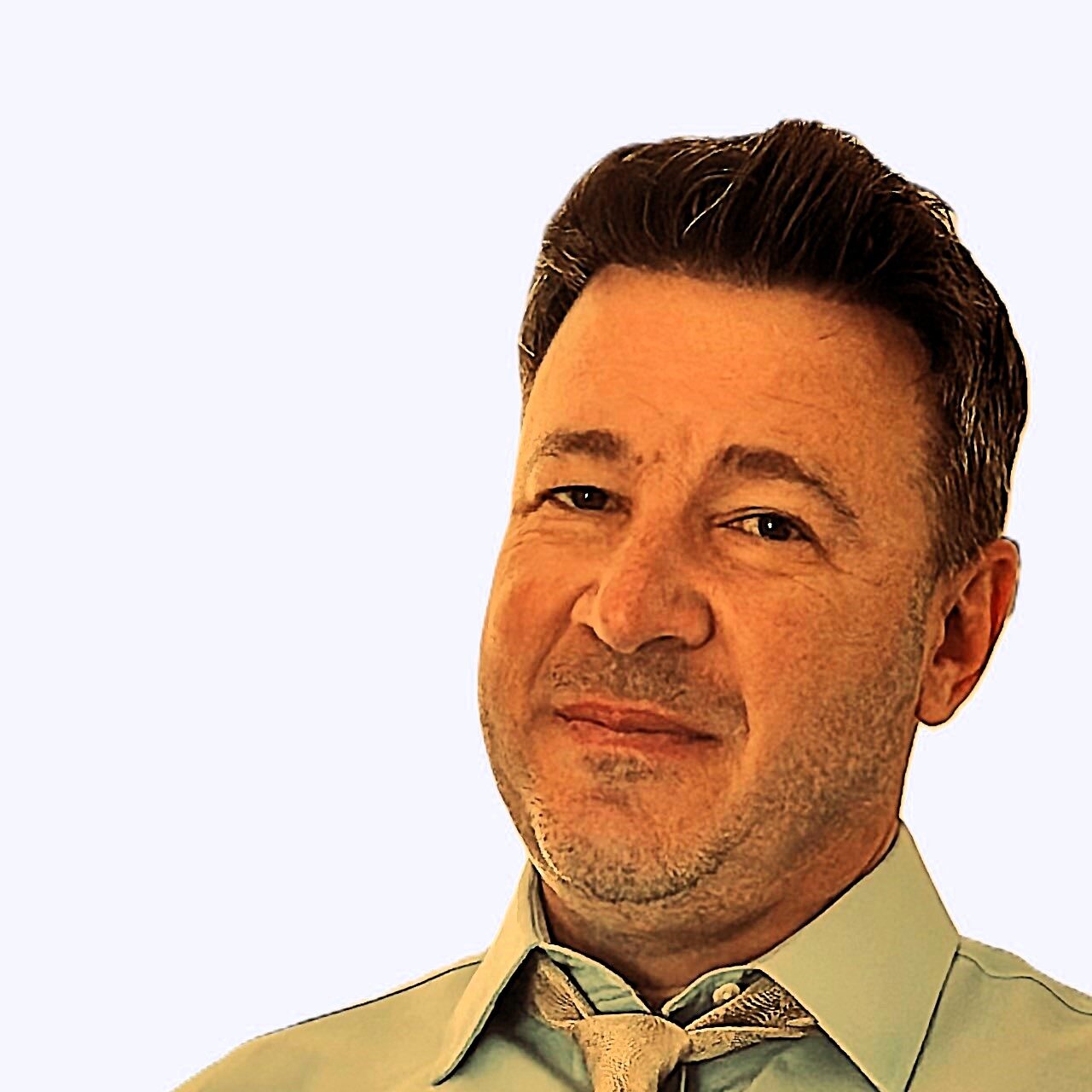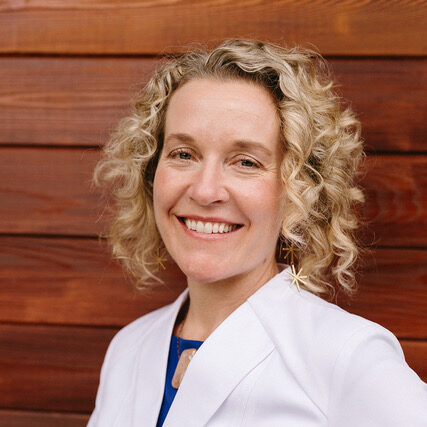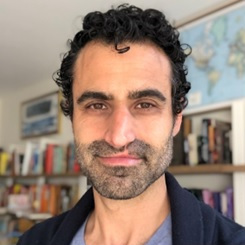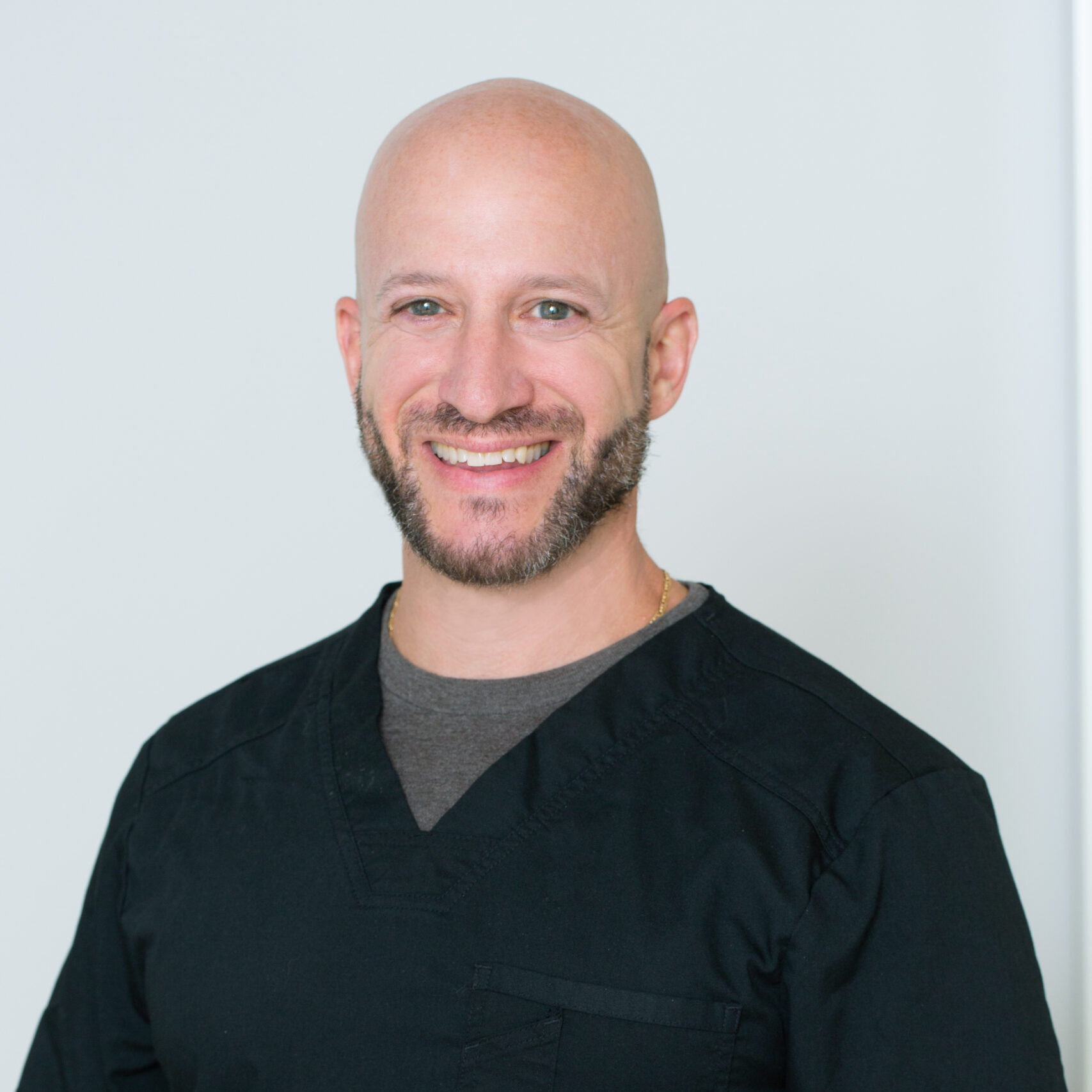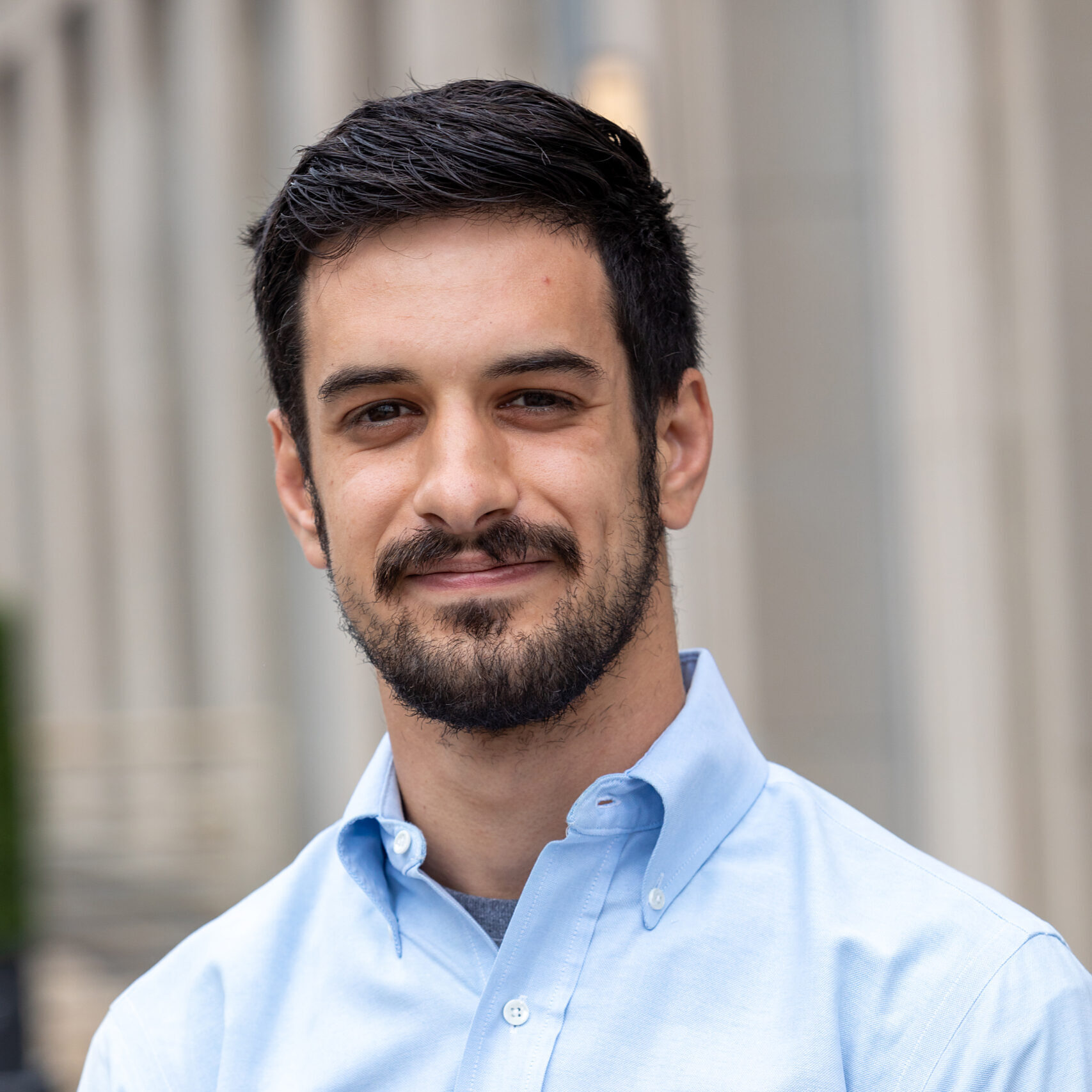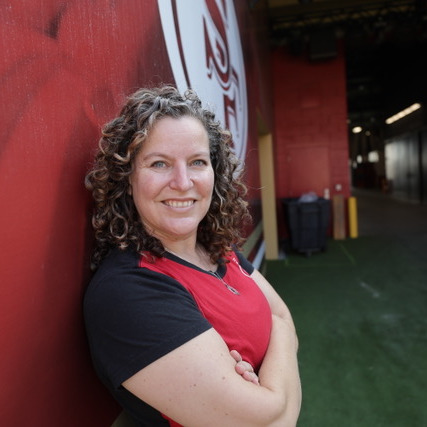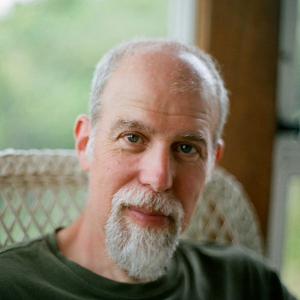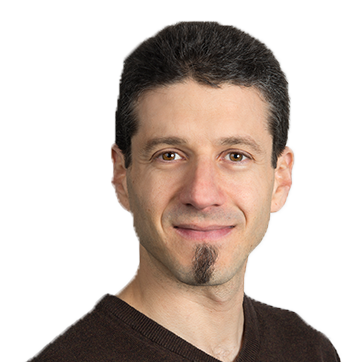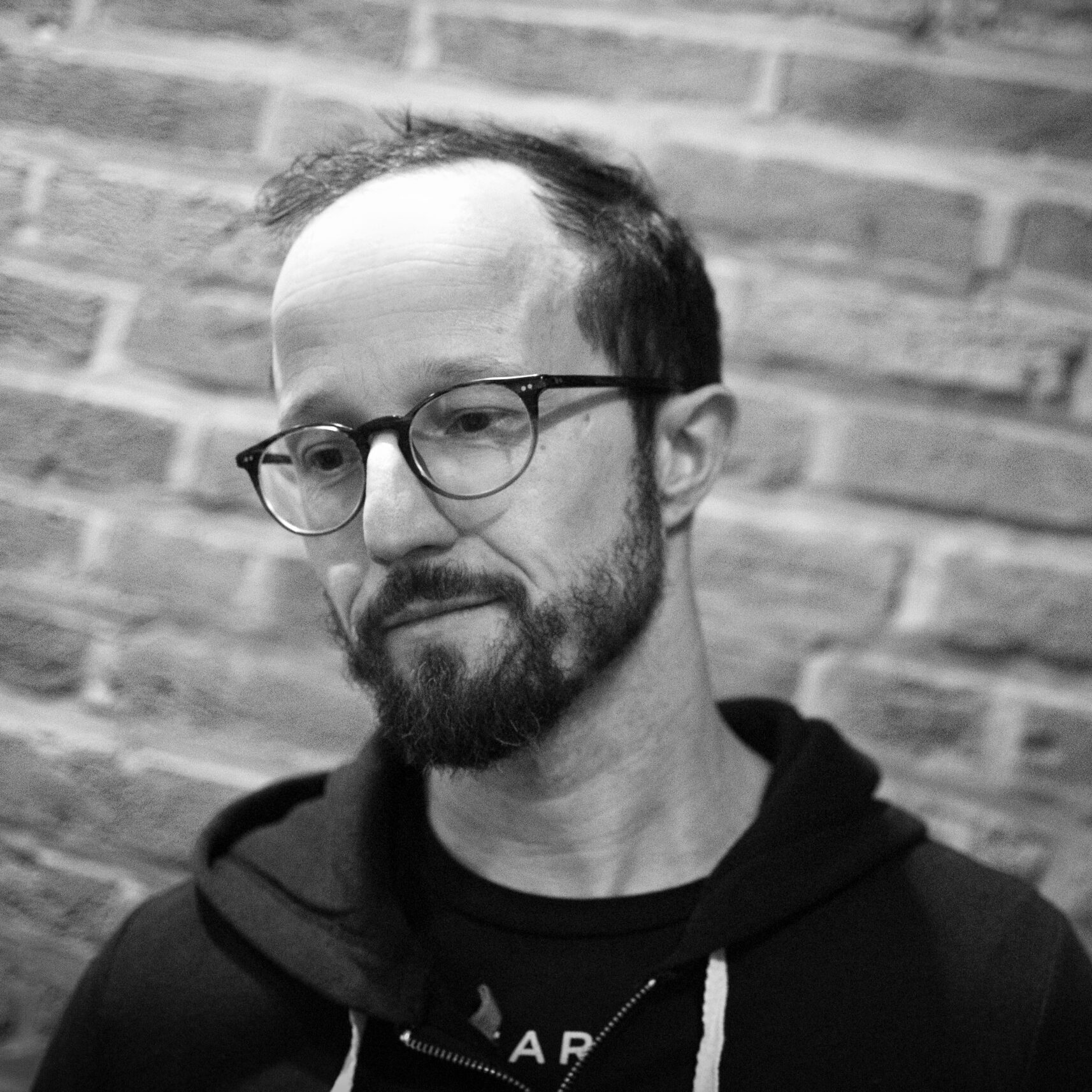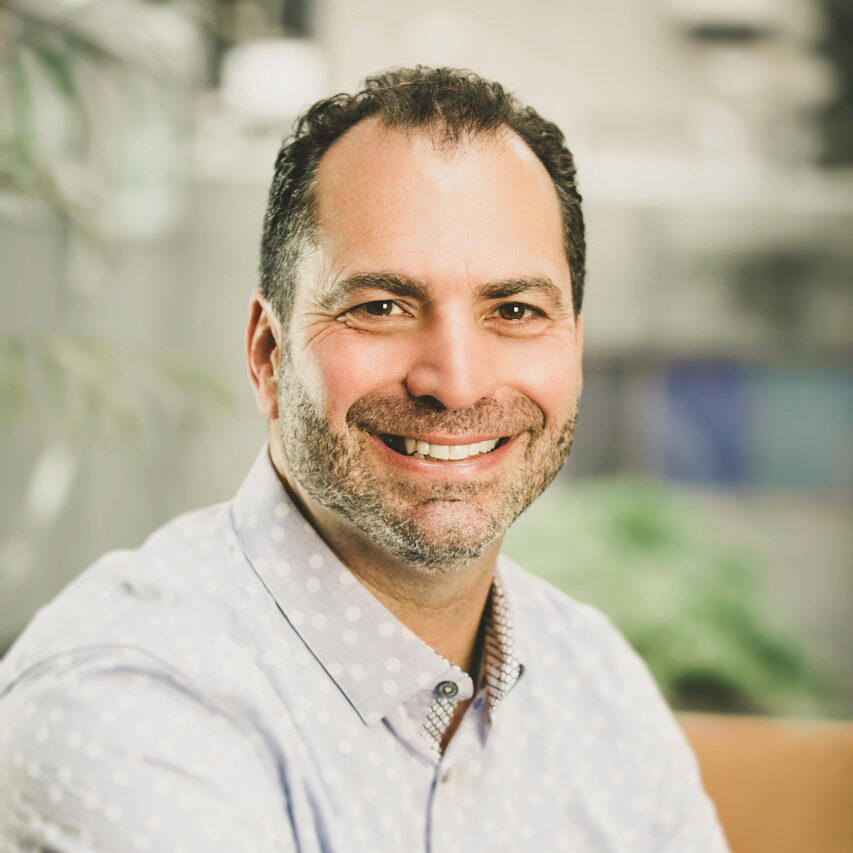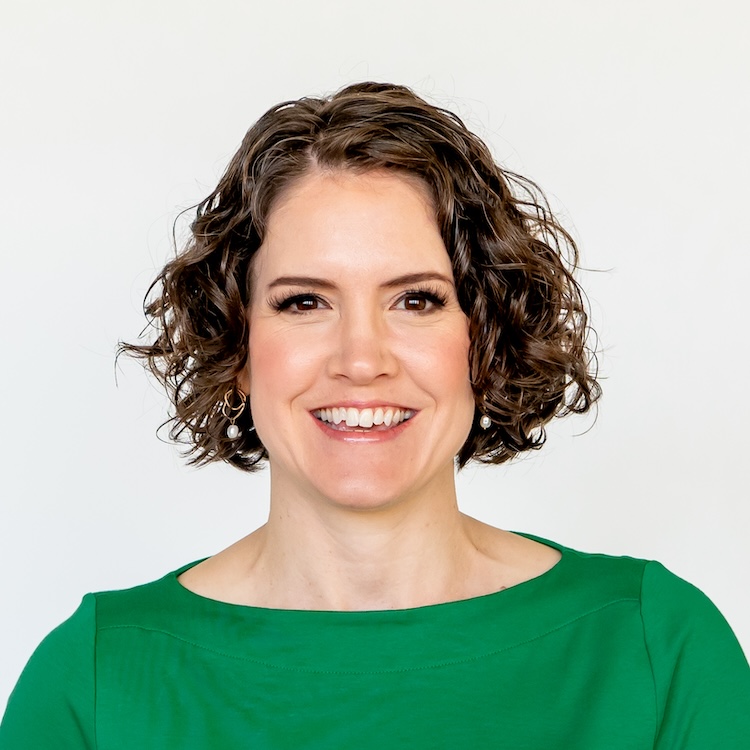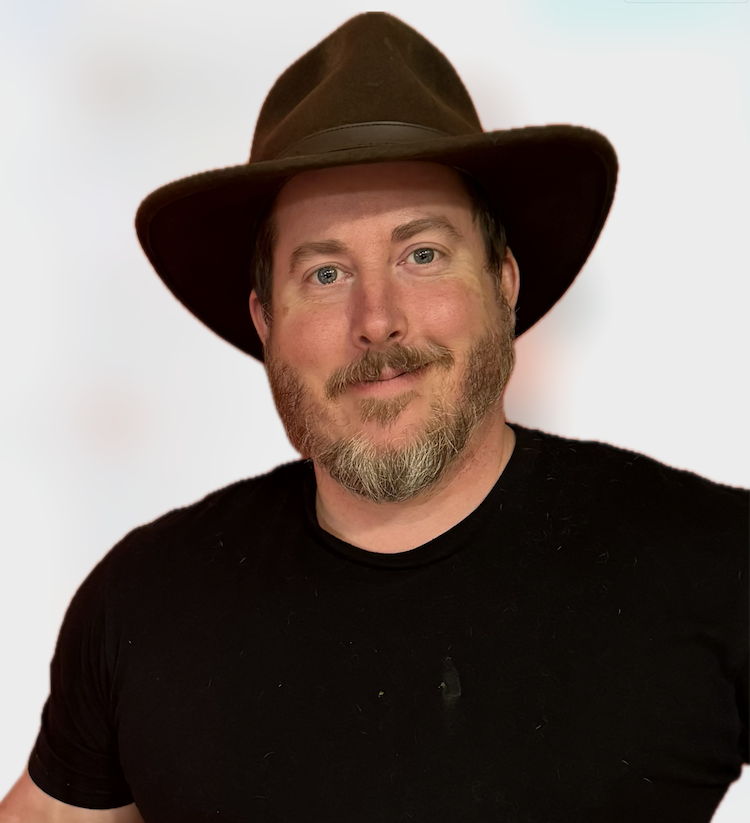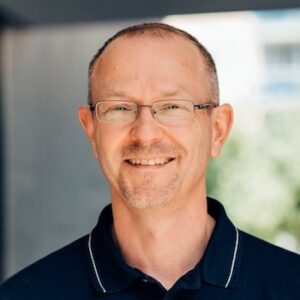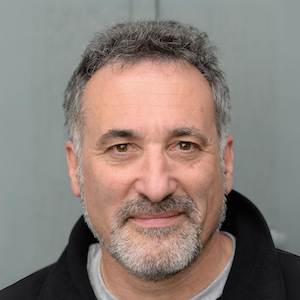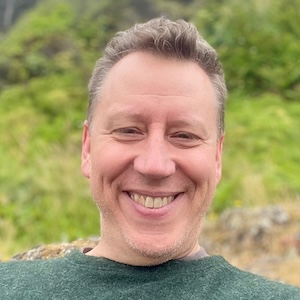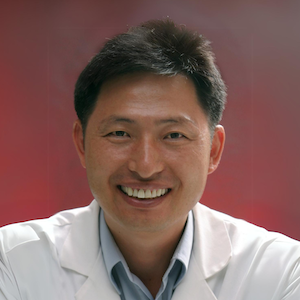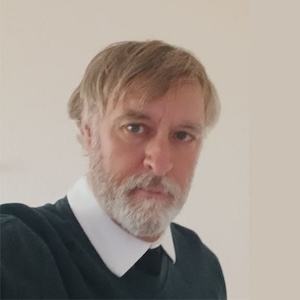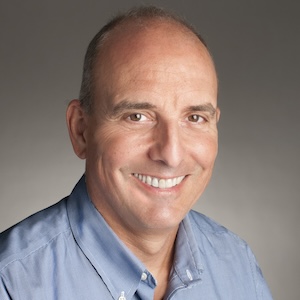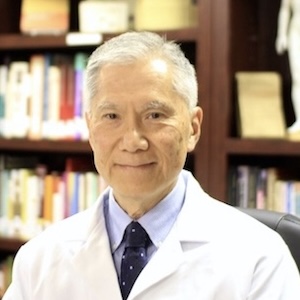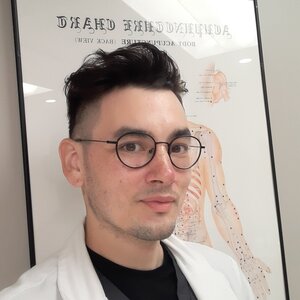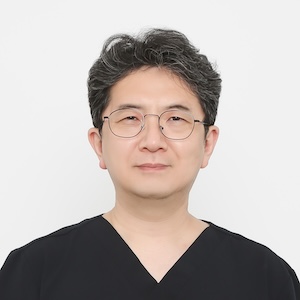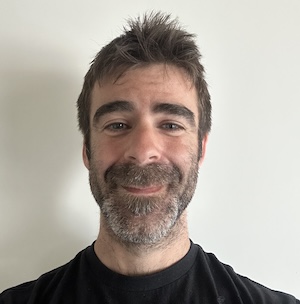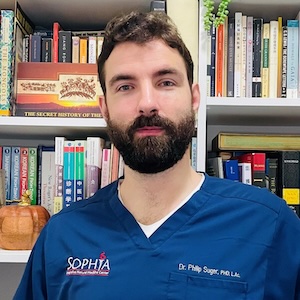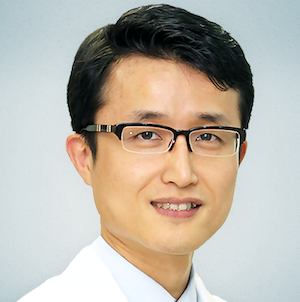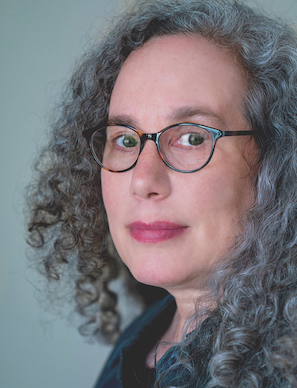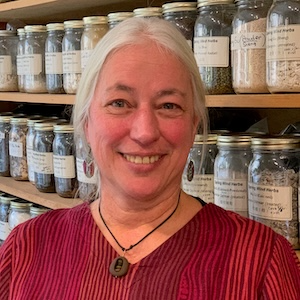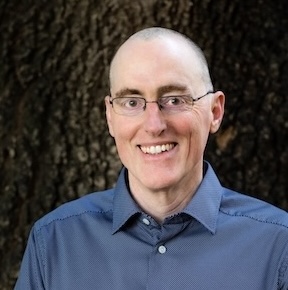Western medicine and East Asian medicine have often been seen as two completely different ways of approaching health and well being. Can they be blended together for the benefit of our patients?
It has taken time for the Western world to familiarize itself with the modalities of Chinese Medicine. Similarly, maneuvering through large organizations like hospitals, the military, or the government can be like walking into uncharted territory. It requires an understanding of their lingo, procedures and methods of working together.
In this conversation with Megan Kingsley Gale, we discuss her efforts in creating the Hospital-Practice Handbook Project as an open sourced resource for licensed acupuncturists working in hospitals and institutional healthcare systems. At its core, this is a resource for change-makers in the integrative health field to share their ideas and wisdom. It brings Chinese medicine to places where its benefits had not been utilized – while giving Chinese practitioners who are interested in hospital-based care new opportunities.
Megan has a vision of helping us explore new frontiers as acupuncturists in the modern American healthcare system. A system of integrative medicine where acupuncturists are seen as professionals rather than technicians and ; where cooperation is embraced and the lines between the East and West are blurred for the benefit of our patients.
Listen in to this discussion on the professionalization of Chinese Medicine and how change-makers are expanding Chinese Medicine into the healthcare system
In This Conversation We Discuss:
- The unanswered questions that introduced Megan to the world of Acupuncture
- Life as a military spouse
- Integrating a Chinese medicine holistic wellness mindset into hospital care
- Creation of interdisciplinary pain management programs in the military health system (MHS)
- Innovations in the MHS, including the use of electronic health records systems
- Megan’s attempt to oust the notion that acupuncture and other Eastern/Oriental medicine practices are nothing more than passive modalities
- Delineation of clinical privileges as an acupuncturist. “Why are you guys credentialed? You're not professionals?”
- Connecting with other professionals and weaving all the different interdisciplinary threads together.
- Finding your true calling
- Working on the Bureau of Labor Statistics (BLS) Standard Occupational Code, “which is huge for being able to work in any kind of health care system.” Acupuncturists
- as professionals vs technicians
- Starting the Hospital-Practice Handbook Project as a community resource project to “connect to people who are doing similar work.”
- Efforts to include acupuncturists as a recognized provider type in the Social Security Act, which would make “our services as acupuncturists available to people who use Medicare for their healthcare.”
- How to get into hospital-based practice as a student, educator, or integrative health practitioner
Find and develop/fine-tune your compass. Use your compass when making decisions, especially critical life-changing decisions.
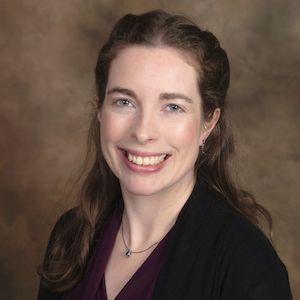 Megan Kingsley Gale, L.Ac
Megan Kingsley Gale, L.Ac
I have volunteered or been employed in both civilian and federal hospital settings intermittently since 2002. I founded and currently volunteer as director of the Hospital Handbook Project (HHP) for Acupuncturists and Their Hospital Sponsors, a not-for-profit community resource project for hospital and healthcare system-based acupuncture employment practices and program standards. It is a professional network community of healthcare system-based acupuncturist clinicians, program managers, researchers, and more.
The HHP is a “living handbook.”
I started the HHP because I wish something like it existed when I worked in hospital-based practice. It would have made setting up standards for the hiring process, metric collection, and quality assurance (QA) items less daunting. Less daunting to connect with colleagues and program managers doing similar work. And community building to know we could learn and improve together through this community resource.
So, the HHP is an ongoing labor of service and connection for this unique community.
Links and Resources
Want to learn more about the Hospital Handbook Project?
Sign up for their newsletter email list
Check out the public Facebook page, or connect on LinkedIn
Visit the website at: www.thehospitalhandbook.com.
Want to get started? Here's the First Steps Resource. And here is the Event List.
YouTube Videos
Hospital Handbook Project YouTube Channel
Projects
News and Updates
Lunch Break Listens
Clinician Resource, Breathing Practice
Telehealth Resources
Learning, Medicare/Federal Inclusion of Acupuncturists
COVID-19 Prep and Response
The best way to reach Megan is to send a message through the website contact page: https://www.thehospitalhandbook.com/contact-1

